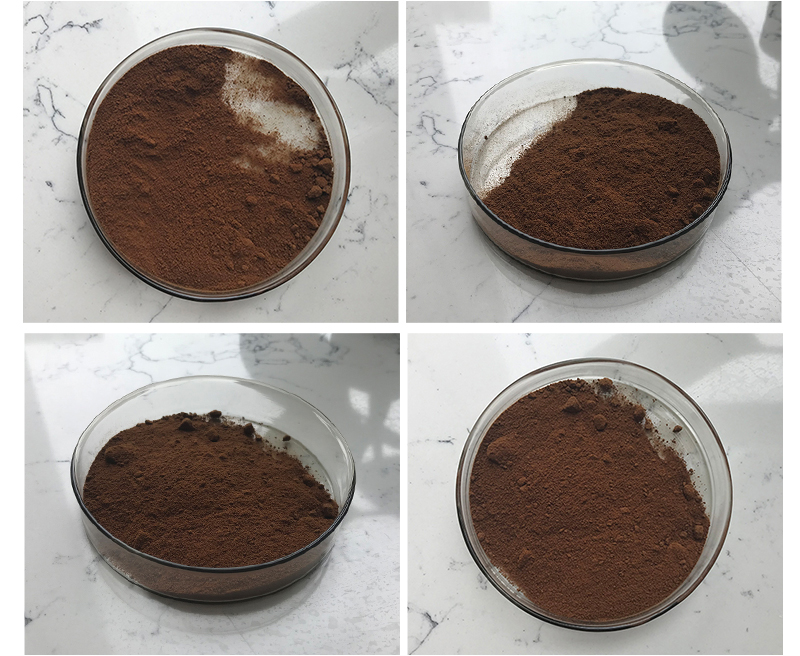Chitosan oligosaccharide is derived from chitosan, a natural polysaccharide found in the shells of crustaceans. It’s composed of smaller molecules, which makes it more soluble and absorbable than regular chitosan. Chitosan oligosaccharide is popular as a dietary supplement, especially for weight loss and cholesterol management, among other health benefits. Here’s a breakdown of its effectiveness, side effects, and special precautions.
Effectiveness of Chitosan Oligosaccharide
- Weight Management: Chitosan oligosaccharide may help reduce fat absorption in the gastrointestinal tract. Some studies show it may contribute to modest weight loss when combined with a calorie-controlled diet and exercise, although the effects are generally mild.
- Cholesterol Reduction: Chitosan may help bind cholesterol and bile acids in the intestines, reducing blood cholesterol levels. Some studies report modest reductions in LDL cholesterol (the “bad” cholesterol), although results are not always consistent.
- Antioxidant and Anti-inflammatory Properties: Chitosan oligosaccharide have demonstrated antioxidant and anti-inflammatory effects, which may be beneficial in reducing oxidative stress and inflammation, possibly supporting immune health.
- Gut Health: Preliminary studies indicate it may have prebiotic effects, promoting beneficial gut bacteria growth, although more research is needed to confirm these benefits.

Side Effects of Chitosan Oligosaccharide
Chitosan oligosaccharide is generally well-tolerated, but some people may experience mild side effects:
- Digestive Issues: Common side effects can include bloating, gas, constipation, or mild stomach discomfort, especially at higher doses.
- Allergic Reactions: Since it is derived from shellfish, people with shellfish allergies should avoid it due to the potential for allergic reactions, including itching, rashes, or in severe cases, anaphylaxis.
- Vitamin and Mineral Absorption: Long-term use might interfere with the absorption of fat-soluble vitamins (A, D, E, and K) and essential minerals because it binds to fats, potentially leading to nutrient deficiencies.
Special Precautions of Chitosan Oligosaccharide
- Pregnancy and Breastfeeding: Safety in pregnant or breastfeeding women has not been established. It’s best to avoid using it unless advised by a healthcare provider.
- Shellfish Allergy: Avoid if you are allergic to shellfish, as chitosan oligosaccharide is derived from shellfish.
- Blood Thinners and Anticoagulants: Since chitosan might interfere with fat absorption, it could potentially affect vitamin K absorption, which is crucial for blood clotting. People on anticoagulant medication should consult a doctor before use.
- Diabetics: Chitosan may influence blood sugar levels, so people with diabetes should monitor their blood sugar closely if using it, especially since chitosan supplements are often marketed for weight loss, a common goal for individuals with type 2 diabetes.

Summary
While chitosan oligosaccharide shows potential in weight management, cholesterol reduction, and inflammation control, more rigorous studies are needed to fully confirm its benefits. Consulting a healthcare provider before beginning chitosan oligosaccharide is advisable, especially for those with allergies or chronic health conditions.
